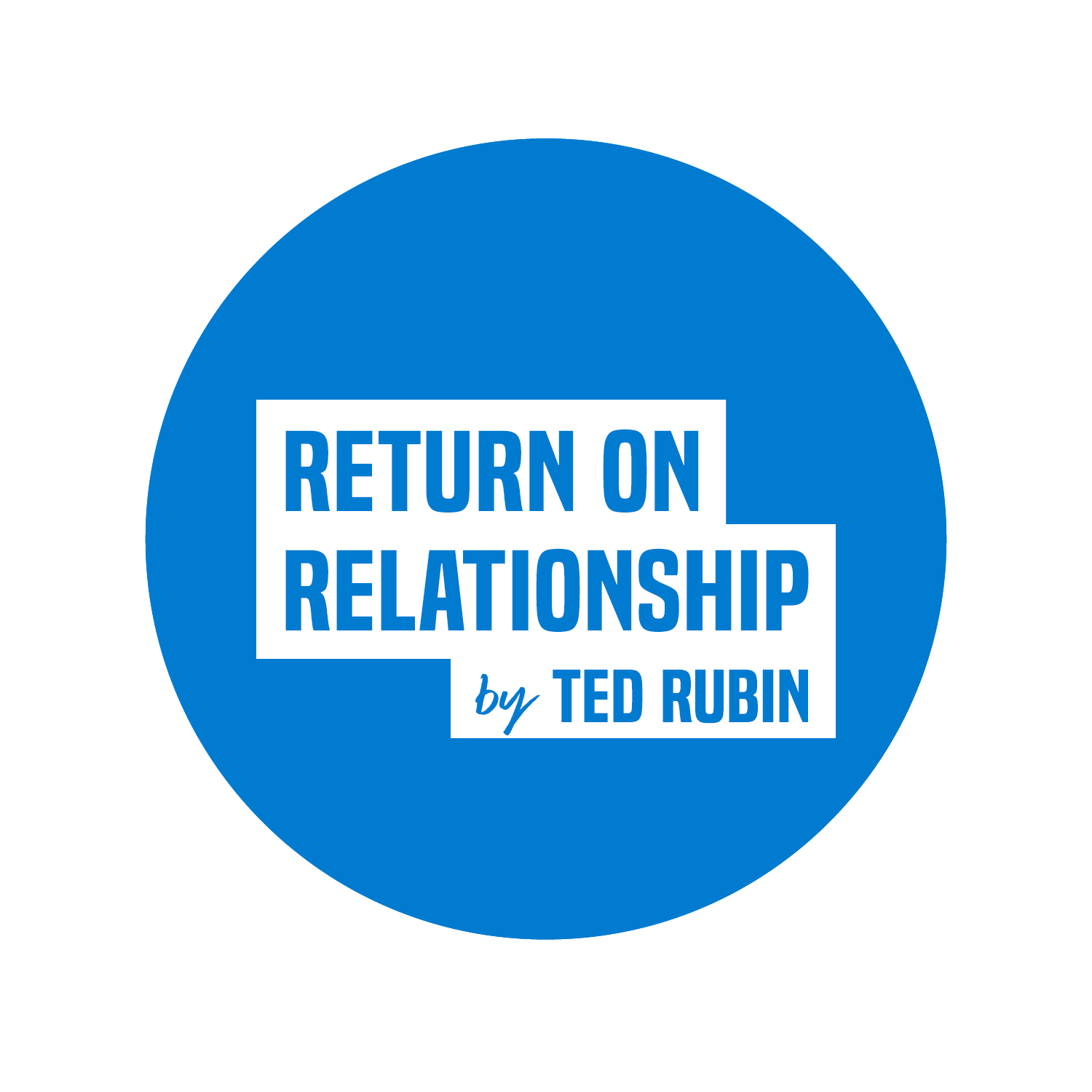The Many Rewards of Helping Others To Be Their Best ~via @DrDeborahHecker
Do for others without expectation of anything directly in return. As Deborah explains here... the return is in the giving. /Ted
In a previous blog, I spoke of your relationship with your SELF as, arguably, the most important relationship in your life and the most important element in a romantic relationship.
As a therapist, I know that it’s impossible to manage my patients’ goals and objectives if I am unable to remain aware of my own strengths, weaknesses, and potential sources of bias. To be clear, I am not an idealist who thinks that altruism and charity alone is all that matters. I still make choices based upon my self-interest. However, this does not mean that I can afford to get caught up with myself, as if I am the center of my own universe.
However, personal fulfillment in relationships alone is not enough. Therefore, in addition to my need for “self-actualization” and becoming the best I can be, I must go beyond that to “other-actualization,” and making sure I help my patients to be the most they can be. Our relationship, referred to the therapeutic alliance, is a key factor in facilitating the patient’s transformation.
If the truth be known, after many years of being a psychotherapist, there is nothing quite like the feeling I get when I enable my patients to succeed. There is something magical about knowing I have helped someone else.
I have come to realize that my most fulfilled SELF is when I am of value to others.
The Secret to Happiness is Helping Others
There is a Chinese saying that goes: “If you want happiness for an hour, take a nap. If you want happiness for a day, go fishing. If you want happiness for a year, inherit a fortune. If you want happiness for a lifetime, help somebody.”
Reflecting on some of my childhood lessons, one that I recall very clearly (that is still relevant) is that it is better to give than receive. Is there is a deeper truth behind this ethic that we need to be aware of?
The answer is YES.
Scientific research provides compelling data to support the anecdotal evidence that giving is a powerful pathway to personal growth and lasting happiness. Experiments show evidence that altruism is hardwired in the brain – and that it’s pleasurable.
Indeed, scientists have been studying a phenomenon called “helper’s high”: helping others releases endorphins (like “runner’s high”) which, in turn, improves mood and boosts self-esteem.
In one study, people were given money to either spend on themselves or give to charity. Those who gave to charity felt happier.
In short, helping others feels GOOD.
How Helping Others Will Help You Live a Better Life
According to science, the following are the mental and physical benefits you will gain from helping others:
Reduced depression / good for mental health
Lowered blood pressure
Lengthened life span
Strong social connections
Better adaptation to stress by building resilience
Enhance meaning in your life
Greater business success (Business makes money by finding ways to help people.)
Helping others may just be the secret to living a life that is not only happier, but also healthier, wealthier, more productive and meaningful.
Conclusions
When was the last time you helped someone? Holding a door open for the person behind you? Taking the time to explain something to someone who was having a hard time?
While you were doing it and afterward, how did you feel? I’ll bet you felt happy and more positive about live. That’s because the fastest way to feel joy is giving to others.
A meaningful life isn’t found, but created through your actions. And it starts with looking for ways to help others. If you want to find happiness and purpose, ask yourself:
How can I help?
How can I be of value?
In what ways can I serve?
If you have any questions, click here to schedule your initial consult.
Warmly,
Deb



